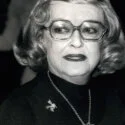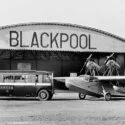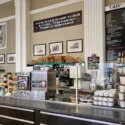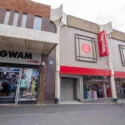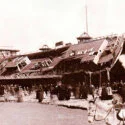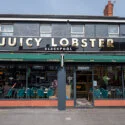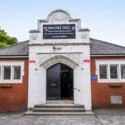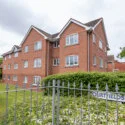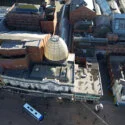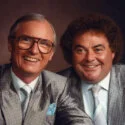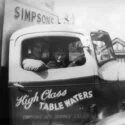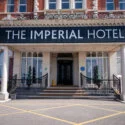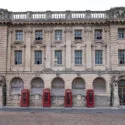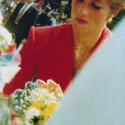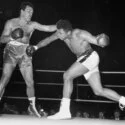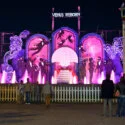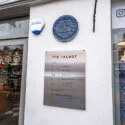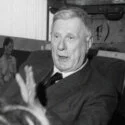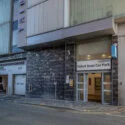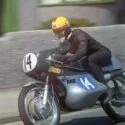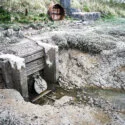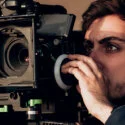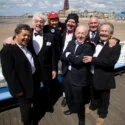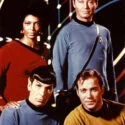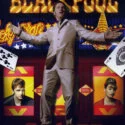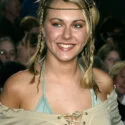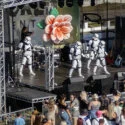First Leisure Corporation Plc was a leisure operator in the UK between 1981 and 2004. Originally based in Soho Square, London, and with other offices in Blackpool and Leicester, its operations included Blackpool Tower, the town’s Winter Gardens and all three Blackpool piers, as well as five other piers, health and fitness clubs, nightclubs and bars, tenpin bowling centres and other mainstream UK high street entertainment venues.
Behind the company was Lord Bernard Delfont. By the 1960s, he and his brothers – Lew and Leslie Grade, as well as his nephew Michael Grade – were all very successful and were said to have a “Gradopoly” over British popular entertainment, with Delfont the country’s leading impresario; Leslie running the UK’s biggest talent agency and Lew one of the major players in British commercial television. In 1967, the Grade Organisation was acquired by EMI for $21 million and Delfont and his brothers joined the EMI board. When Leslie fell ill, Delfont was asked to help out at the Grade Organisation. As part of the deal, he became the largest individual shareholder in EMI. In 1969 he became chief executive of Associated British Picture Corporation after it was acquired by EMI and was a board member for around 30 entertainment entities, including the Blackpool Tower Company. In 1970, Delfont sold his own Bernard Delfont Organisation to EMI for $192,000, which increased his future shareholding in EMI to a value of around $8 million. As head of EMI’s leisure division, Delfont oversaw film production, including The Go-Between (1971), Murder on the Orient Express (1974), Death on the Nile and The Deer Hunter (both 1978). In that role he withdrew funding for the film Life of Brian in 1978 at the last moment owing to worries over the religious implications of the screenplay. He later became Chief Executive of EMI in 1979. In 1980, following the sale of EMI’s leisure interests to Trust House Forte, he became chief executive of THF Leisure Division. In 1983, he headed a management buyout under First Leisure Corporation where he was chairman until 1988 and then president. In Blackpool, First Leisure owned all three of its piers (South Pier, Central Pier and North Pier).
In the mid 1980’s there were four divisions Nightclubs, Parks, and leisure (Caravan parks), which included the piers, Sports which included racket and badminton centres, etc and the fourth division was Bowling. Some of the original nightclubs included The Empire Square Ballroom, Leicester Square; Romeo & Juliet’s Sheffield, Romeo and Juliet’s Blackburn, Pink Coconut Derby, Slick Chick’s fun pub Derby, The Dome (formerly the Old Nightout Club) Birmingham which was the first club in the division to turn over 1 million pounds pa outside of London and Pagoda Park, Birmingham.
In 2000, a management buyout (MBO) led by Candover and supported by 3i and PPM Ventures saw First Leisure shed all but its Nightclubs and Bars division, which retained the First Leisure brand and consisted of approximately fifty mainstream high street venues. The MBO saw the company de-listing from the stock exchange (whilst retaining its plc status) and moving its operations to Leicester. At that time, the Health and Fitness chain was spun off as Esporta.
By 2004, the company had shrunk its operations from 50 to 25 nightclubs; in so doing, it had sold its premises leases to rival operators. A clause of such sales mandated that should those new operators be unable to meet their obligations under the leases they would be automatically reassigned to First Leisure with little warning or ceremony. At the end of 2004, such an automatic reassignment took place following competitors’ defaults on several previously sold leases. Unable to meet the dramatically increased month-to-month obligations brought about by this mandatory re-acquisition, the company was subject to a Winding Order by a trade creditor and hence placed into Compulsory Liquidation by the Official Receiver. A ‘Phoenix’ company, named The Nightclub Company, was formed virtually immediately by the incumbent management team. Such an operation was short-lived, however, and it too was placed into administration in 2005. The precise circumstances regarding the collapse of TNC are unclear. The remaining leases were sold, mostly to long-time rival Luminar Leisure. All that remains of the corporation as of 2007 is the Esporta health and fitness chain.
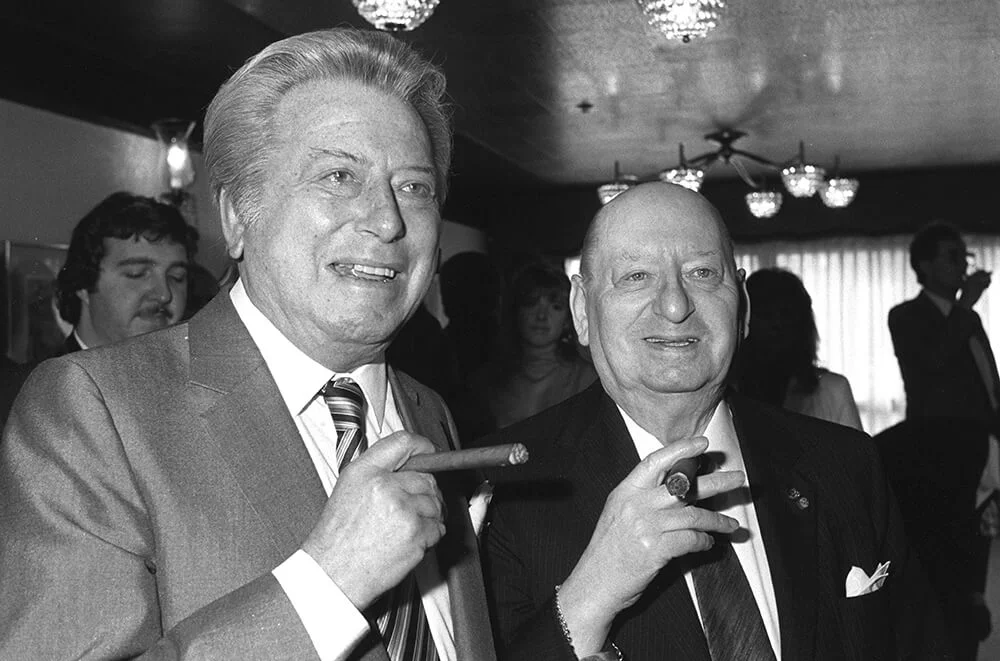
Show business entrepreneurs Lord Lew Grade (Right), 81 and his younger brother Lord Bernard Delfont, 78 – when the photo was taken on 18 March 1988
Featured Image © Alamy
Background Image © Deeper Blue Marketing & Design Ltd


